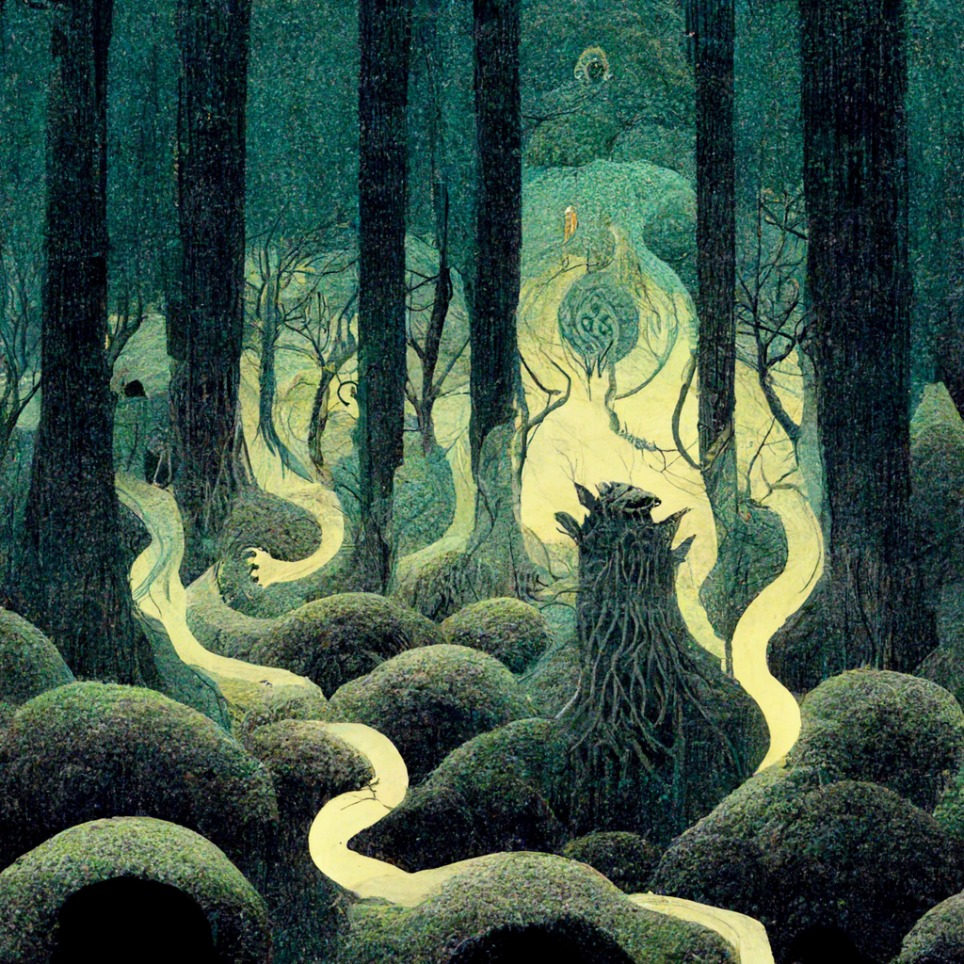
The boy’s mother finished her meal and went about
her motherly duties, pitting dates for what the boy
hoped would be date-filled cookies.
“dad said not to make too much noise,”
whispered the boy.
She whispered back that it won’t be too much, then
proceeded to playfully pretend-drum the empty
plastic jar of chocolate-coated raisins.
They both giggled silently.
“This must be love,” pondered the boy.
“to be bothered more
by noise for the person
asleep than they are
by the noise. And to
know just how much
would bother them.”
MAHMOODULHASAN BHAIYAT is studying Kinesiology at York University. He loves exploring nature by going on hikes and collecting intriguing organic objects like mushrooms, driftwood, and animal skulls. He also enjoys growing fruits, flowers, and herbs and expressing himself through art mediums like photography and writing.
You can read more of his poetry at https://poetizer.com/author/25855